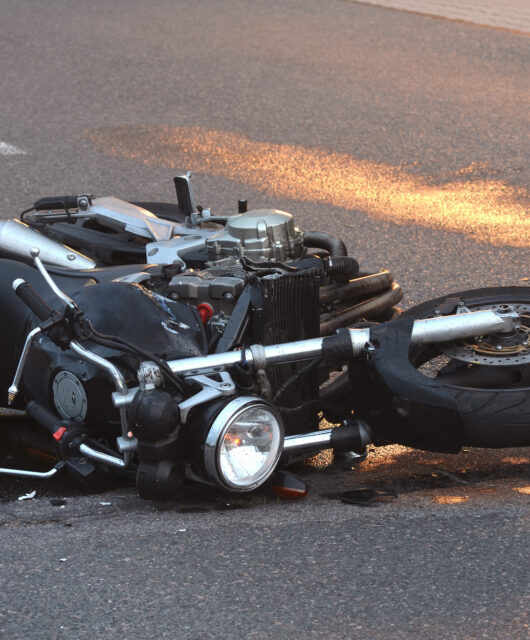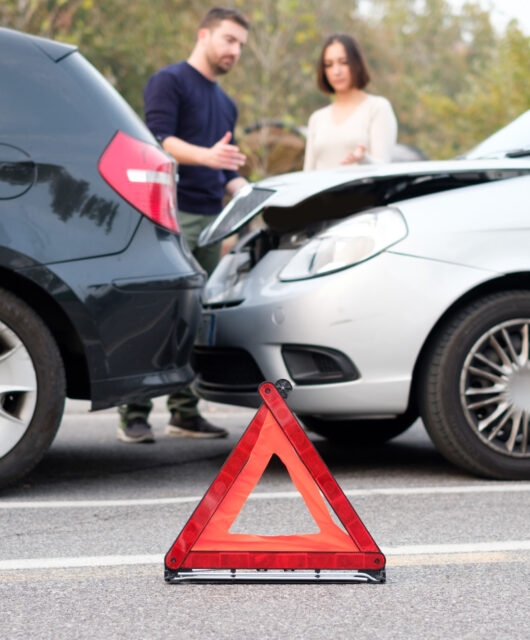Want to Drive in a New Country? Here’s What You Should Check First
Since the time you’ve gotten your driver’s license, you’ve probably felt comfortable being on the road. You might have a moment of hesitation or unfamiliarity when getting behind the wheel of a new vehicle, but for the most part, the road becomes second nature after a few months of experience.

Unfortunately, this sense of familiarity doesn’t always apply when you’re driving somewhere new, like a different state or even a different country. If you want to stay safe (and stay legal), there are some key things you need to keep in mind.
Laws Vary
Even from state to state, the laws dictating vehicular travel can vary. Baseline habits like defensive driving can reduce your risk of an accident no matter where you are, but what counts as “negligent driving” may differ from area to area.
For starters, your United States driver’s license may or may not be valid in another country. You’ll need to check with the United State embassy to see if, where, and how you are allowed to drive. Your visa status may be a key variable in this equation. Otherwise, you may need to apply for an international driving permit (IDP), or a special license for travelers, as mandated by local governments.
Next, you’ll need to think about your insurance coverage. Nearly every country on the planet has some kind of requirement for motor vehicle insurance, though the type of insurance mandated varies. For example, some countries require you to have coverage for yourself and the passengers of your vehicle, while others also require you to have coverage for other drivers if you’re found at fault. Note that your insurance policy may or may not cover you when driving in other countries (though it will likely sufficiently cover you for state-to-state travel).
You may also find some jarring differences in how vehicles travel overall. For example, while right-side traffic is the norm in many areas of the world, there are several countries that drive on the left side.
Automatic Transmissions Aren’t a Guarantee
Chances are, if you’re traveling somewhere new, you’re going to have to rent a car. If you currently reside in North America, you’re probably used to cars with automatic transmissions being the norm. However, these aren’t always available in other countries. Or, if they are available, they may be much more expensive than a manual transmission counterpart.
Driving Etiquette and Habits Vary
Driving habits and general etiquette can vary significantly from culture to culture. For example, in France, it’s common to nudge other cars when trying to fit into a parking space. In many European countries, it’s highly important to only use the left-lane (or equivalent) to pass, while using the right-lane (or equivalent) to cruise. This is supposed to be the case in the United States, but is much more commonly enforced overseas. You may also encounter different habits when it comes to honking, flashing lights, signaling turns, braking, and parking. If possible, try to learn about these practices before you travel. If not possible, pay close attention to how other people are driving, and try to comply with those standards.
Citations Can Stick
If you violate a law, you may be given a citation by a police officer in person, or by mail, when a camera captures you in the illegal act (like speeding or running a red light). It may seem like once you leave the country, there’s no way for the foreign government to take action, but this isn’t the case. Some countries won’t allow you to leave until you pay the fine. If you’re driving in a rental car, the rental agency will be billed—and they may add that charge (and then some) to your final bill.
Your Environment May Be Drastically Different
Finally, be aware that your environment when driving overseas may be drastically different to what you’re used to back home. For example, the roads may be wider or narrower, or the roads may be in better or worse condition than you’d typically expect. On top of that, emergency services may be offered in a different way, or vehicular repair shops may be fewer and further between. The best thing you can do is simply improve your awareness, and be ready for anything. The more cautious and aware you are of your surroundings, the safer you’re going to be.
There’s no reason to be scared of driving overseas, or in an unfamiliar area, but you should definitely be aware of the possible changes you might encounter along the way. Do your research before traveling, become familiar with both the cultural and legal differences between your areas, and even then, challenge your own assumptions.









